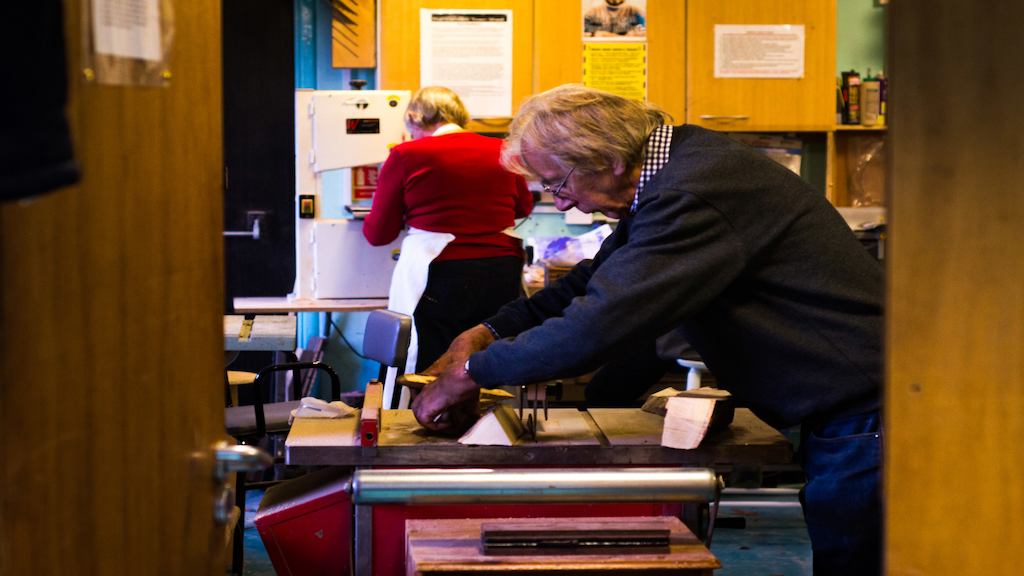Life doesn’t stop when someone retires. Capturing and mobilising the breadth of talent and experience that the over 50s have to offer, is a key challenge that the Government’s consultation and the Centre for Ageing Better are grappling with. We need to break down the barriers, misunderstandings, and perceptions around the language associated with volunteering and who it’s for.
One feature of the session was around the fact that the official language of volunteering can affect participation. Things like a mistrust of officialdom, or not being able to commit to a certain level of responsibility or time have been shown to put people off volunteering. Within this, we need to find a new discourse that doesn’t alienate, but captures and captivates the willingness and generosity of people to participate. And sometimes well-meaning institutions just need to get out of the way and let people get on with helping each other.
During the session we also talked about the accessibility of volunteering and social action. Part of the discussion focused on whether we should take advantage of the increasing role of technology in people’s lives by creating more virtual volunteering opportunities. This has huge untapped potential and could attract people who want to volunteer on a more flexible and informal basis. I was struck by how a group of Scope Face-to-Face volunteers provide support to each other, over the internet, in the wee hours of the morning – because that’s when the parents in the group were both up, looking after their babies, and needing practical and emotional advice for the day ahead.

